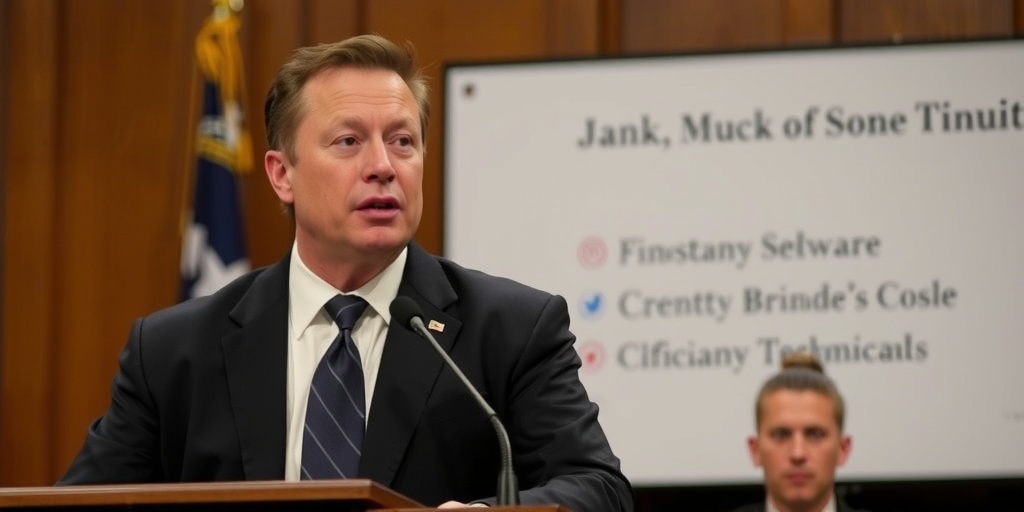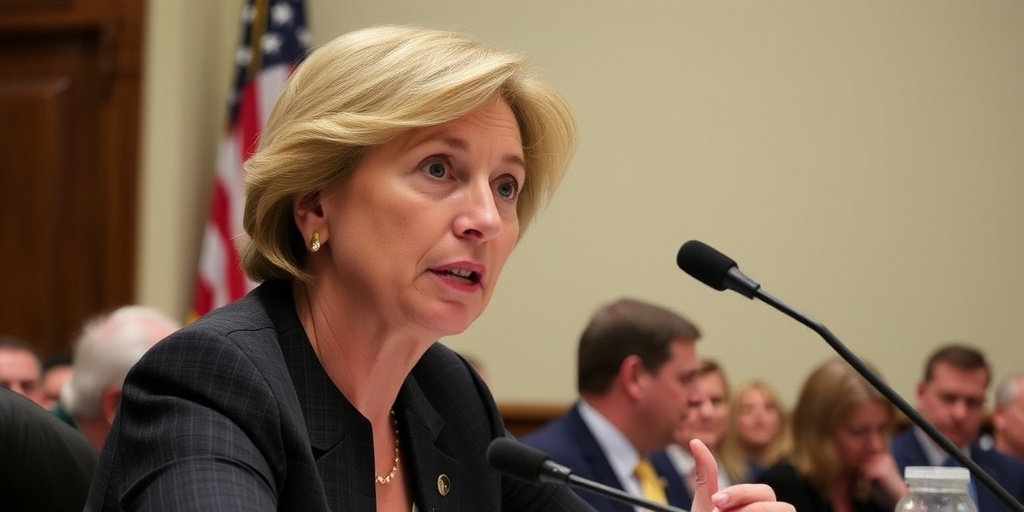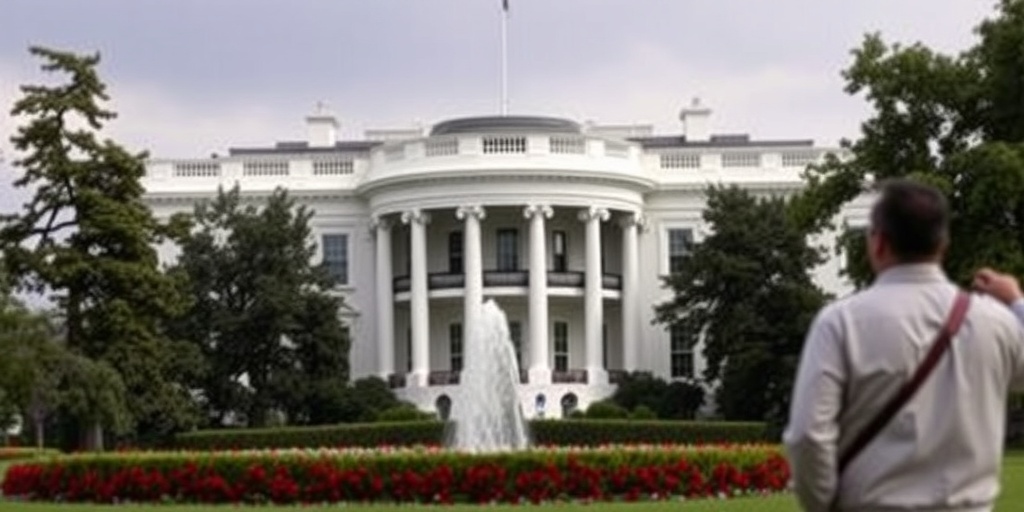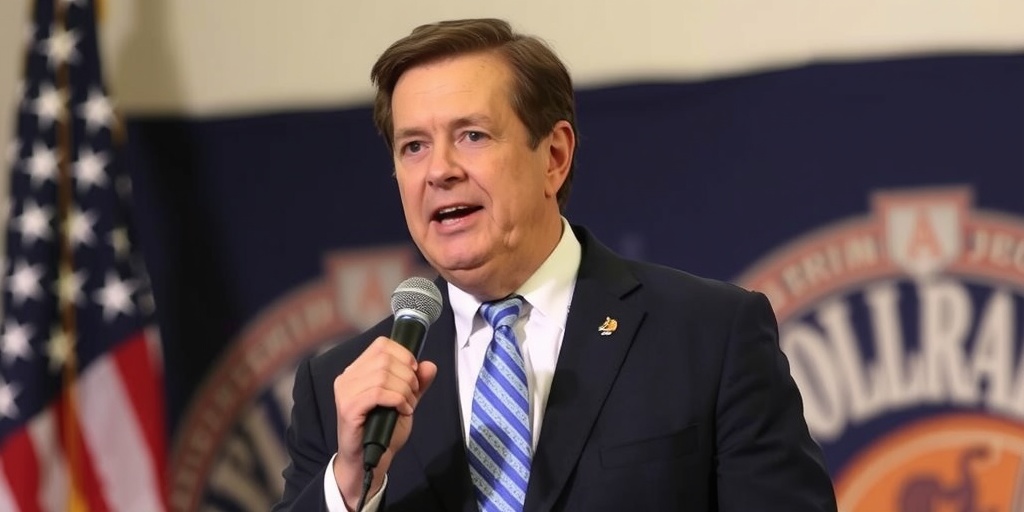Now Reading: Humanities Grants Canceled to Fund Trump’s ‘Garden of Heroes’
-
01
Humanities Grants Canceled to Fund Trump’s ‘Garden of Heroes’
Humanities Grants Canceled to Fund Trump’s ‘Garden of Heroes’
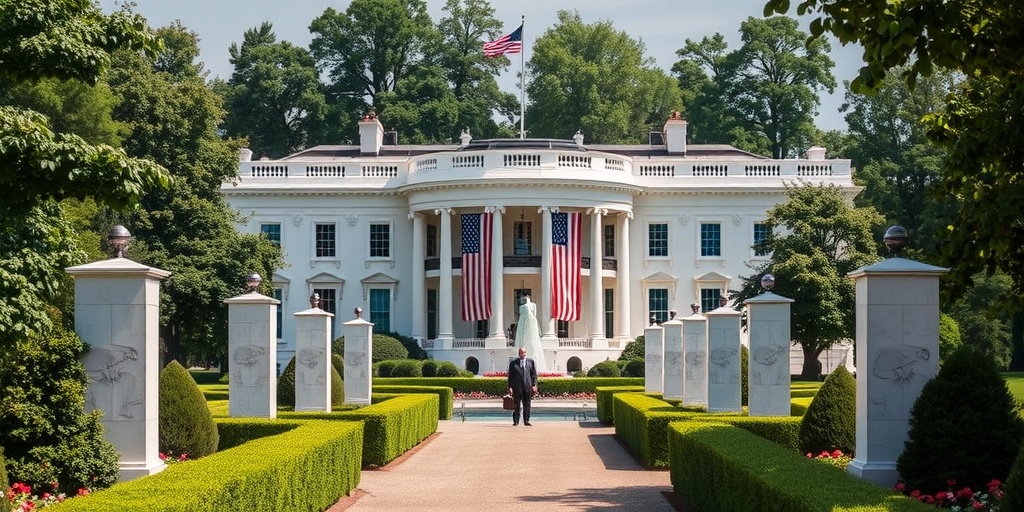
Title: National Endowment for the Humanities to Divert Funding for Trump’s National Garden of American Heroes
In a significant shift in focus, the National Endowment for the Humanities (NEH) plans to reallocate a portion of its funding to support the establishment of President Trump’s envisioned National Garden of American Heroes. This decision comes as part of a broader initiative to realign the agency’s efforts with the president’s agenda, which emphasizes the celebration of patriotic history. The revelation emerged from a private meeting held on Wednesday, attended by several key members who spoke on condition of anonymity due to the confidential nature of the discussion.
Recently, the NEH made headlines by abruptly canceling over 85 percent of its existing grants. These grants previously supported numerous initiatives, including museums, historical sites, and scholarly projects that foster an understanding of the humanities across the nation. The sudden cuts sparked outrage among advocates for the humanities, raising questions about the agency’s viability and future.
During the meeting, Michael McDonald, the acting chair of the NEH, informed its 24-member advisory council that the agency would pivot its focus to align with the current administration’s objectives. Specifically, McDonald noted that the NEH would direct funding towards the National Garden of American Heroes, a project Trump initially proposed in July 2020. This proposal gained traction following a politically charged speech by Trump at Mount Rushmore, where he criticized the vandalism of statues amid racial justice protests triggered by the murder of George Floyd.
“We are witnessing a merciless campaign to wipe out our history, defame our heroes, erase our values, and indoctrinate our children,” Trump stated in his call to action regarding the garden. In an executive order issued on the matter, he emphasized that the garden should be constructed in a location of natural beauty, allowing visitors to engage with stunning landscapes and learn about pivotal figures from American history. The sculptures were to be depicted realistically, eschewing abstract or modernist designs.
Two days before leaving office, Trump reaffirmed his commitment to the project, issuing another executive order that included a long list of potential honorees from various fields. This list featured icons such as George Washington, Abraham Lincoln, Martin Luther King Jr., and even cultural figures like Kobe Bryant and Julia Child, showcasing a wide-ranging concept of American heroism. Both his initial and subsequent orders specified that one-twelfth of the budgets of the NEH and the National Endowment for the Arts (NEA) should be allocated to this initiative, with each endowment’s previous budget standing around $207 million.
After President Biden took office, he rescinded Trump’s orders. However, shortly thereafter, Trump reinstated his directives under the new banner of “Celebrating America’s 250th Birthday.” Simultaneously, he has sought to reshape key federal cultural institutions, encompassing the Kennedy Center and the Smithsonian Institution.
While specifics regarding the garden’s location remain undisclosed, Larry Rhoden, the governor of South Dakota, has recently suggested that the garden should be constructed in the Black Hills, near Mount Rushmore. McDonald indicated at the meeting that the NEH would allocate around $17 million from its budget towards this project, with estimates for each statue’s construction ranging from $100,000 to $200,000. Although it was discussed how the NEH would participate in the garden’s signage and interpretation, details about the council’s involvement in the decision-making process remain unclear.
The advisory council, composed of scholars and educators appointed by previous presidents, exhibited a mixed reaction to the news of the funding redirection. While some members expressed shock and concern over the implications of sidelining established grant procedures, others displayed enthusiasm about the potential realization of the garden project. One member articulated feelings of betrayal, noting that the council was not informed about recent grant cancellations until it became public knowledge, highlighting a departure from the agency’s traditional practices of consultation and review.
In light of the NEH’s significant funding cuts, concerns have escalated regarding the state humanities councils that rely on federal funding. By law, these councils, which received approximately $65 million last year, must receive a portion of the NEH budget. Advocates fear that the lack of federal support may lead to the collapse of humanities councils in smaller states, particularly those with limited private philanthropic backing.
“The NEH budget for humanities councils might be small, but the loss to everyday Americans will be devastating,” stated the Federation of State Humanities Councils in response to the recent cuts.
During the meeting, McDonald also mentioned that the NEH would undergo significant staff reductions, potentially trimming the workforce from around 170 employees to approximately 50. While the future budget remained ambiguous, he mentioned that the agency would concentrate on fewer, larger grants as part of its strategic realignment.
As this situation evolves, the implications of redirecting federal humanities funding towards the National Garden of American Heroes will likely resonate through various communities and cultural institutions across the United States, raising questions about the future of the humanities amid shifting political tides.
Stay Informed With the Latest & Most Important News
Previous Post
Next Post
-
 01New technology breakthrough has everyone talking right now
01New technology breakthrough has everyone talking right now -
 02Unbelievable life hack everyone needs to try today
02Unbelievable life hack everyone needs to try today -
 03Fascinating discovery found buried deep beneath the ocean
03Fascinating discovery found buried deep beneath the ocean -
 04Man invents genius device that solves everyday problems
04Man invents genius device that solves everyday problems -
 05Shocking discovery that changes what we know forever
05Shocking discovery that changes what we know forever -
 06Internet goes wild over celebrity’s unexpected fashion choice
06Internet goes wild over celebrity’s unexpected fashion choice -
 07Rare animal sighting stuns scientists and wildlife lovers
07Rare animal sighting stuns scientists and wildlife lovers













